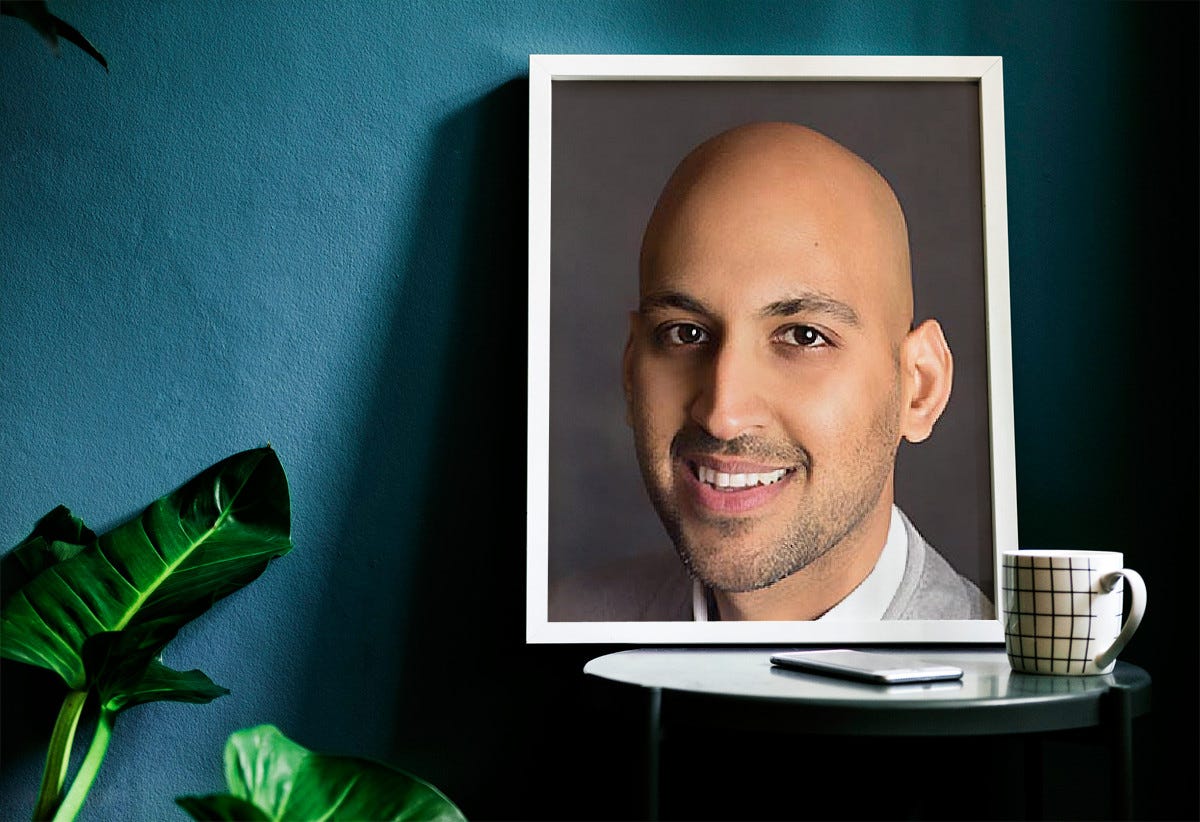
Whether you are seeing your cardiologist for a follow-up consultation or your first visit, there are several things that every heart expert would like you to know. Cardiovascular illness is one of the leading causes of death in the U.S. and a lifestyle illness. Thus, being aware of these facts may assist you in avoiding cardiovascular disease and living a healthy life even if you have a cardiac condition. Renowned cardiologist Dr. Rishin Shah outlines several crucial facts that everybody should be aware of before contacting a cardiologist. Continue reading to learn more.
1) A Diagnosis Is A Step-By-Step Procedure
Both new and returning patients should note that detecting an illness and treating it is a process. For instance, first-timers are required to offer a comprehensive explanation, followed by research and testing. After diagnosing the disease, the next step is administering the appropriate treatment.
Nonetheless, for follow-up patients, the doctor examines the changes that have occurred since the last appointment. Therefore, the diagnosis and management of any ailment vary from one individual to another. Typical diagnostic tests include stress tests, blood tests, ECG, CT scans, Holter monitoring, and more.
2) Take Medications as Prescribed By Your Physician
Dr. Shah advises patients with heart conditions or risk factors like hypertension and high cholesterol to take prescribed medications. Notify the physician if you cannot take the prescribed medications or do not take them. Besides, if you experience side effects, quit taking your meds and notify your physician so that they can prescribe medication without adverse effects.
3) Do Not Substitute Google for Physician Advice
The Internet has easily available information. Therefore, whenever a person becomes unwell, they prefer searching for therapy on Google rather than contacting a physician. However, self-medication for cardiac conditions or to treat adverse effects is not advised. Online information is not individualized but rather generalized, which means it is a fantastic resource for understanding the problem but not for treatment. Always consult a cardiologist for any troubling heart-related concerns.
4) Do Not Disregard Any Warning Signs
Chronic acidity can sometimes be a symptom of a heart condition. Unfortunately, the reality is that most individuals frequently get confused between acidity and cardiac arrest. As such, patients disregard the symptoms and eventually arrive at the hospital after having already suffered a heart attack. Therefore, immediately consult a cardiologist if you experience acidity or other warning signs like chest pains or difficulty breathing.
5) Never Skip Routine Health Examinations and Blood Testing
According to Dr. Shah, patients with cardiac conditions like coronary heart block should undergo regular health exams and blood tests. These tests include a blood-sugar analysis, a fasting lipid profile, an electrical angiography, and an electrocardiogram.
Similarly, individuals with cardiac illness and diabetes are also at a greater risk for kidney disease. Thus, sometimes, renal profile tests are recommended to rule out the possibility of kidney disease.
Preserving cardiovascular health is essential for living a long and fulfilling life, and your cardiologist wants to assist you. If you identify any warning signs of heart disease, such as chest pains, tightness, extreme fatigue, or shortness of breath, contact Prime Heart and Vascular. Dr. Shah will examine your condition and develop a customized care plan to deliver exceptional results. Call their office or book an appointment online today.


